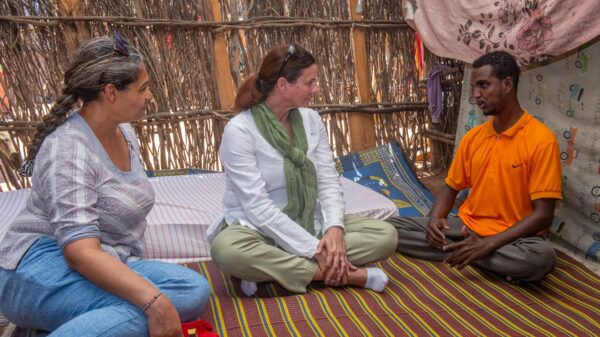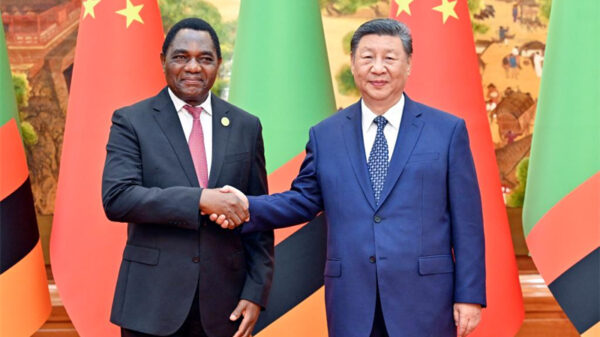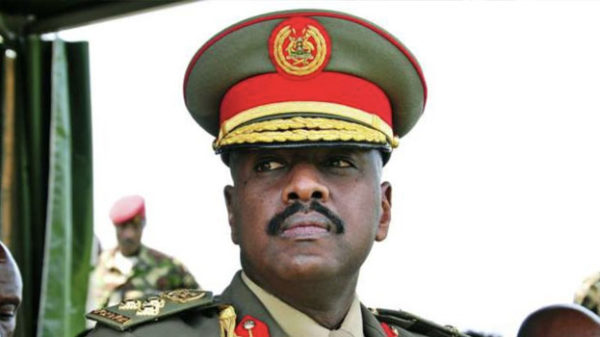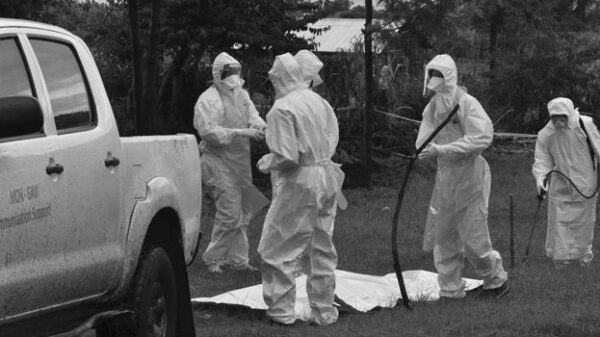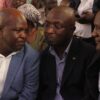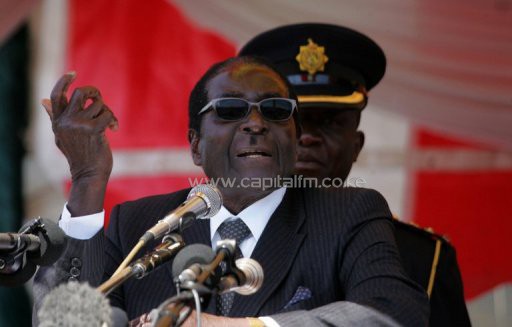
Robert Mugabe delivers a speech in Harare, 2011. Photo/ AFP
HARARE, Apr 25 – For 33 years Robert Mugabe has bestrode Zimbabwean politics, ruling as a virtual government of one. But as his final election nears there are signs the strongman’s power is waning.
In office since independence in 1980, Mugabe, now 89 years old, will ask Zimbabweans to re-elect him president at elections slated for later this year.
He will face a battle on multiple fronts.
He must defeat long-time political rival Morgan Tsvangirai, but if he is to keep his stranglehold on power he must also keep control over his party riven by factionalism.
The latter may be his toughest challenge.
While Mugabe is seen as the glue that holds ZANU-PF together, analysts say he is struggling to bind a party split between his potential successors.
Mugabe has refused to announce his retirement, saying he will only step down when he completes two major projects: the controversial land reforms and the on-going equity drive to compel foreign firms to sell their majority stake to locals.
He has also avoided anointing his successor, arguing that naming the next party leader would cause divisions in the party.
“The party is clearly divided,” Charles Mangongera, an independent political analyst.
Mangongera points to the recent deployment of a high-level mission to mediate between feuding factions in the Manicaland province as evidence of how serious those splits have become.
“I am not convinced Mugabe is in full control of this. I think as long as the succession issue remains unresolved, he will continue to have factionalism headaches,” said Mangongera.
“Mugabe may be tactical but he will not have the grip to deal with the divisions effectively.”
“The faction leaders are going for the ultimate prize. They are positioning themselves for the day after Mugabe.”
Among those mooted as possible contenders are vice president Joice Mujuru, ZANU-PF party leader Simon Moyo, security minister Sydney Sekeramayi, head of the army Constantine Chiwenga.
Tawanda Mazhawidza, a political analyst based in Harare, said Mugabe’s hands are tied.
“Mugabe cannot assert his authority in this long-standing issue which is a result of his inability draw a roadmap to his succession,” Mazhawidza said.
Takavafira Zhou, a political scientist at Masvingo State University said the rate at which fissures are coming to the surface expose Mugabe’s weakened grip.
“Mugabe’s control over his party is now weak,” Zhou said.
“Some of his allies are singing a different tune from his. Mugabe has been preaching about peace and you have senior members of his party singing from a different hymnbook and calling for war.”
The costs of the division are clear.
Internal strife may have cost ZANU-PF in the 2008 general elections when the party lost its parliamentary majority for the first time in independence to Tsvangirai’s Movement for Democratic Change (MDC).
During the 2008 elections, some factions went on a campaign referred to as “bhora musango” (deliberately missing the goalposts).
Some ZANU-PF candidates urged their supporters to vote for them in parliamentary elections and make their own choice between Mugabe and Tsvangirai in the presidential race.
ZANU-PF party spokesman Rugare Gumbo played down the divisions threatening the party’s prospects at the upcoming elections.
“We have a few challenges here and there but as a revolutionary party we will survive,” Gumbo said.
“We have gone through those challenges but generally the party remains united. We have a number of concrete programmes to being the people together.”
Harare-based political commentator Ernest Mudzengi said ZANU-PF would likely pull itself together if faced with a clear threat of leaving power.
“There are always internal fights in ZANU-PF and newspaper reports over the past 10 years show that. But they always have a tendency to come together when it comes to the crunch time.
“Mugabe’s prospects at the next elections will be determined more by the electoral environment than by the factionalism.”
Analyst Mazhawidza agreed that the factions would unite at the elections.
“They will want to retain power so they will all join and rally behind Mugabe so that he wins and they deal with the succession issue later,” Mazhawidza said.

